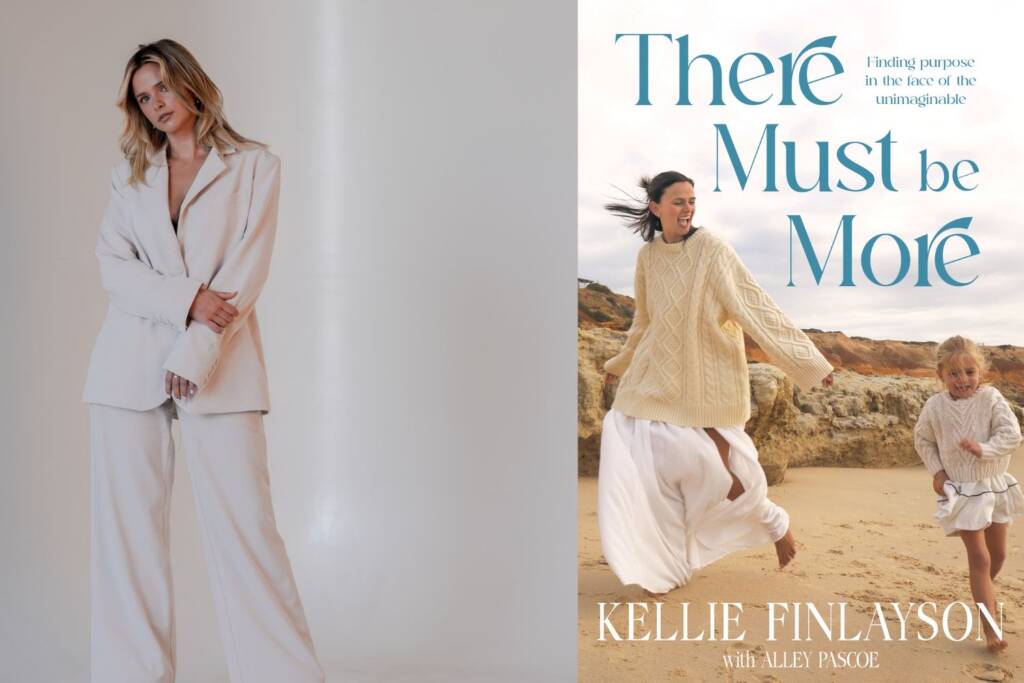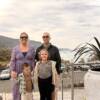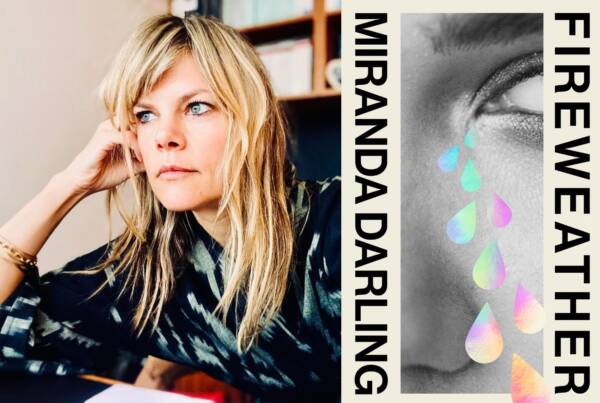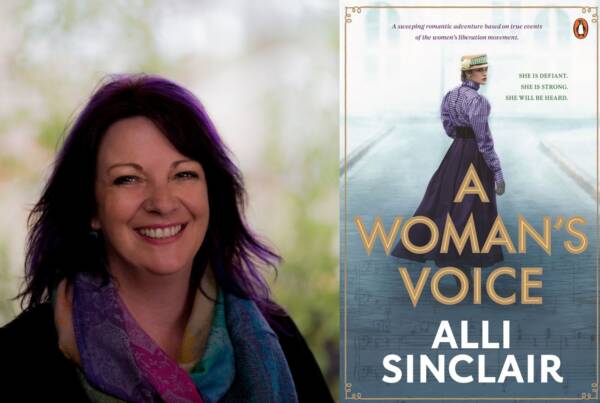Interview of Kellie Finlayson by Freya Bennett

You titled your book There Must Be More. What does that phrase mean to you?It was the first title to come to mind, and to be honest I never swayed from it. When writing the book, I was in the thick of trying to grow our family, hoping for more answers, different treatments, and establishing my career (one that I’d never thought I’d be in, but glad I’ve given this horrendous disease). There must be more; is just that, more options, more answers, more freedom, more life to be lived.
You’ve been incredibly open about some of the darkest moments in your life. Was there a particular chapter or memory that was especially difficult for you to write about?
Probably to no one’s surprise, I’d managed to completely block out some of the darker moments from my memory. But by being open and honest throughout the entire experience, and with the help of Google, Alley (cowriter) was able to remind me of scenarios I’d forgotten, allowing me to tap into the emotions on a deeper level. I struggled with the parts where I thought I was dead or dying, and the whole infertility journey makes me cry now when I read it back. But at the time, writing it was incredibly cathartic.
Your story is so much more than a cancer memoir — it’s about advocacy, family, resilience, and finding joy in unlikely places. How did you strike that balance in your writing?
Every one of us struggles to find balance, whether life feels straightforward or uncertain. I think the way I live and carry myself is reflected in the way the book is written—there are twists and turns, but also a steady thread that invites you to step into my shoes for the first time and move through my experience with me. Yes, there’s the heavy cloud of cancer, but there’s also so much good in my everyday life. I may move a little slower now (though I never really stop), but I do it all with a lot more purpose and power.
What message or feeling do you most hope readers will carry with them after finishing your book?
To take yourself and your health seriously, you’ve got one body for your entire life, look after it. But also, that life can still be beautiful through adversity.
Through your advocacy work with the Jodi Lee Foundation and the ‘Trust Your Gut’ campaign, you’ve made a tangible impact. How did writing this memoir complement or challenge that mission?
Like my work with JLF, this memoir is so much bigger than me. It’s the thousands of people being reminded to check in on themselves, it’s the thousands of people that aren’t able to use their voice, it’s for the thousands of people that lives have already been saved through my advocacy (this feels incredibly arrogant to admit in writing but it’s something I am so proud I’ve been able to do.)
Humour seems to be a thread woven through your story, even in the darkest times. How important was it for you to include those cheeky, hopeful moments in your book?
That’s the whole point, right? Hope. I genuinely believe that my mindset and how I chose to respond to my ‘death sentence’ is the reason I’m still kicking. I found hope in people like Sam Docherty returning to the AFL after treatment, and in my online friends with the same or similar diagnosis. If I can be that hope for just one person, then I’ve done my job—and this memoir is a success to me.
If you could go back and give your 25-year-old self — the new mum facing that unimaginable diagnosis — one piece of advice, what would it be?
Believe. Hold on tight, embrace the highs and allow yourself to feel the lows. Life isn’t supposed to be one size fits all, but you are the only person who gets to choose how your lows impact your life moving forward. Find gratitude in the mundane, because girl, the mundane is about to be all you know for a little while.






